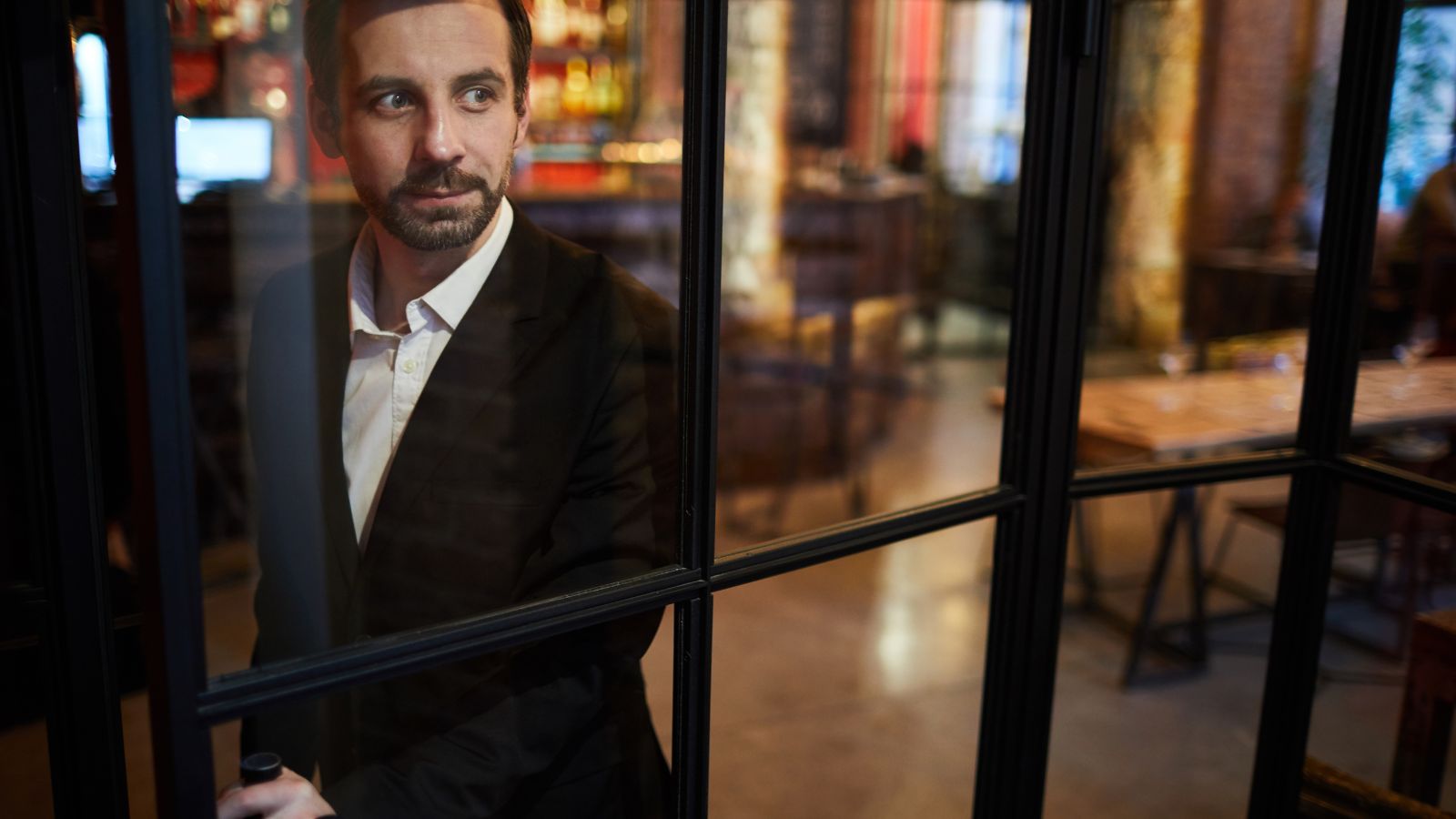Social etiquette in the UK can be a bit tricky, especially if you’re unfamiliar with the subtle ways people communicate here. While Brits are known for their politeness and reserve, there are some behaviours that can quickly land you in the “rude” category without you even realising it. Let’s have a look.
Interrupting Someone Mid-Sentence

In the UK, interrupting someone while they’re speaking is often seen as the height of rudeness. Brits value the art of conversation and expect everyone to take turns speaking, so cutting someone off can be perceived as dismissive and impatient.
Ignoring the Queue

One of the most sacred unspoken rules is the respect for queuing; whether you’re at a bus stop, in a shop, or waiting for a coffee, jumping the queue is a surefire way to irritate those around you. Brits take their queues very seriously, and pushing in front of others is a major faux pas.
Speaking Too Loudly

Brits tend to be more reserved in public spaces, so speaking loudly, especially in quiet settings like trains or restaurants, can be seen as quite rude. This doesn’t mean you need to whisper, but being mindful of your volume shows consideration for those around you.
Forgetting to Say “Please” and “Thank You”

Manners are a big deal, and forgetting to say “please” and “thank you” can make you come across as entitled or ungrateful. These small words go a long way in everyday interactions, including when ordering in a restaurant or asking for directions.
Standing Too Close

In the United Kingdom, personal space is important, and standing too close to someone—whether in a queue or during a conversation—can make people feel uneasy. Brits prefer to keep a comfortable distance, especially with strangers, so invading someone’s personal space can be seen as intrusive.
Complaining Excessively

While a bit of light-hearted grumbling is perfectly acceptable, constant complaining can quickly wear out your welcome. Brits are known for their ability to maintain a stiff upper lip, even when things aren’t going perfectly, therefore excessive whining or moaning can come across as self-centred.
Overdoing the Personal Questions

People in Britain tend to be quite private, especially with people they don’t know well, which is why asking too many personal questions, particularly early in a relationship, can be seen as prying. While it’s natural to be curious, it’s important to be mindful of the boundaries.
Not Apologising When You Bump Into Someone

Apologising is almost a reflex in the UK, even if it’s not really your fault, so if you accidentally bump into someone, it’s expected that you’ll say “sorry” immediately. Failing to do so can come across as rude and thoughtless, as Brits apologise even when the situation clearly wasn’t their fault.
Being Pushy with Opinions

While locals in the UK enjoy a good debate, being overly forceful with your opinions can be seen as aggressive and rude. Pushing your opinion too hard can shut down the conversation and make others feel uncomfortable; instead, try to listen as much as you speak.
Overstaying Your Welcome

When visiting someone’s home, it’s important to be mindful of the time. Staying too long can be seen as inconsiderate, especially if your host is giving subtle hints that the visit is over, and Brits may not always be direct about asking you to leave.
Bringing Up Money in Conversations

Talking about money—whether it’s how much you earn or how much you’ve spent on something—is generally considered impolite in the UK. Residents tend to keep financial matters private, and discussing them openly can be seen as boastful or even crass.
Forgetting to Hold the Door for Others

A common courtesy is to hold the doors open for others, and forgetting to do so can come across as rude, whether you’re entering a building or leaving one. It’s expected that you’ll hold the door if someone is following close behind.
Talking About Sensitive Topics in Public

If you’re discussing controversial or sensitive topics loudly in public spaces, this can be considered rude by others in the UK, and that’s because British people prefer to keep such conversations private. Especially when they involve politics, religion, or personal relationships, having these discussions in a public setting can make those around you uncomfortable.
Not Acknowledging Someone’s Effort

When someone goes out of their way to do something for you, whether it’s a small favour or a grand gesture, it’s important to acknowledge their effort with gratitude. Failing to do so can come across as ungrateful and rude, as people appreciate when their efforts are noticed, after all.
Being Late Without Letting Someone Know

Punctuality is highly valued in the UK, and being late without informing the person you’re meeting can be seen as disrespectful. Brits generally try to arrive on time or even a few minutes early, so consistently being late can give the impression that you don’t value the other person’s time.
Not Understanding the Importance of Tea

Tea is more than just a drink in the UK, it’s a cultural institution, therefore refusing a cup of tea when offered can be seen as rejecting an act of hospitality. Brits often use tea as a way to connect, calm down, or simply take a break.
Talking on Your Phone in Quiet Places

Using your phone in quiet places like libraries, museums, or even on public transport can be considered rude, as others in the country value their peace and quiet, with loud phone conversations disrupting the calm atmosphere. If you need to take a call, it’s best to step outside or move to a less quiet area.
Failing to Recognise Social Cues

Brits are known for their subtle social cues, and failing to pick up on these can lead to awkward situations. Whether it’s a change in tone, a certain look, or body language, these cues often signal how someone is feeling or what they’re thinking, so ignoring or misinterpreting these signals can make you appear oblivious or even rude.
Overly Familiar Greetings

While hugs and kisses on the cheek are common greetings in some cultures, for people of the United Kingdom, they’re typically reserved for close friends and family. Greeting someone you’ve just met with a hug or kiss can be seen as overly familiar and intrusive, when a handshake or a simple “hello” is usually the safest bet.
Complimenting Someone’s Accent

Lastly, pointing out someone’s accent can actually be seen as rude to a Brit, even if you mean it as a compliment. This is because accents are often tied to regional identity, class, and sometimes even historical prejudices, therefore commenting on someone’s accent can make them feel self-conscious.







